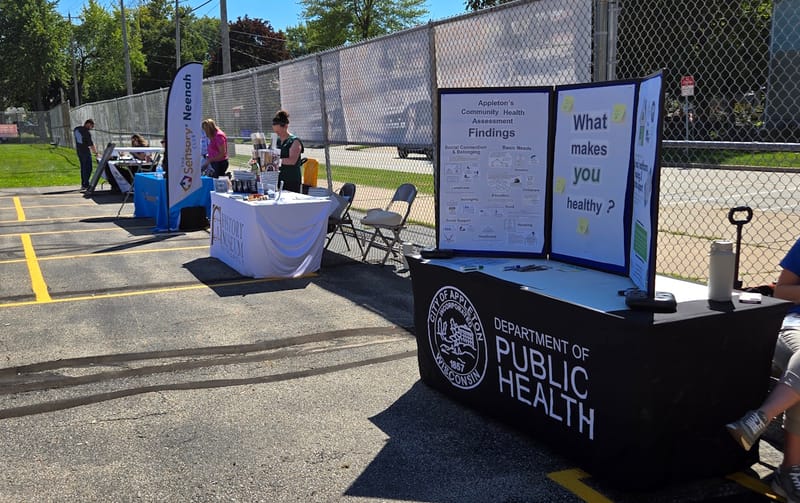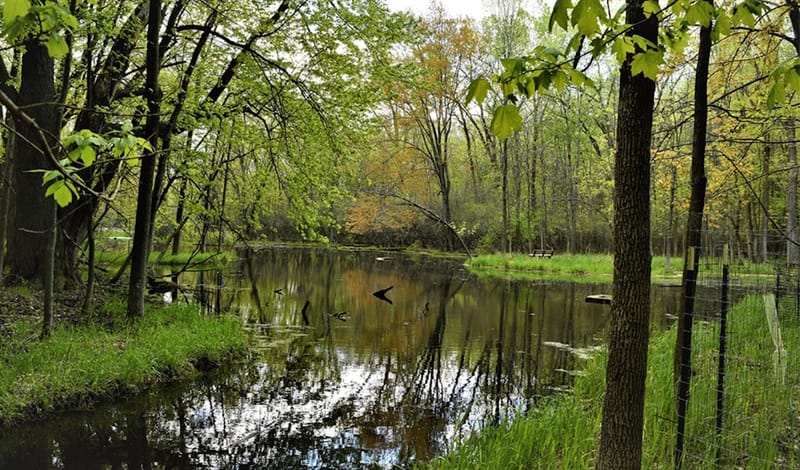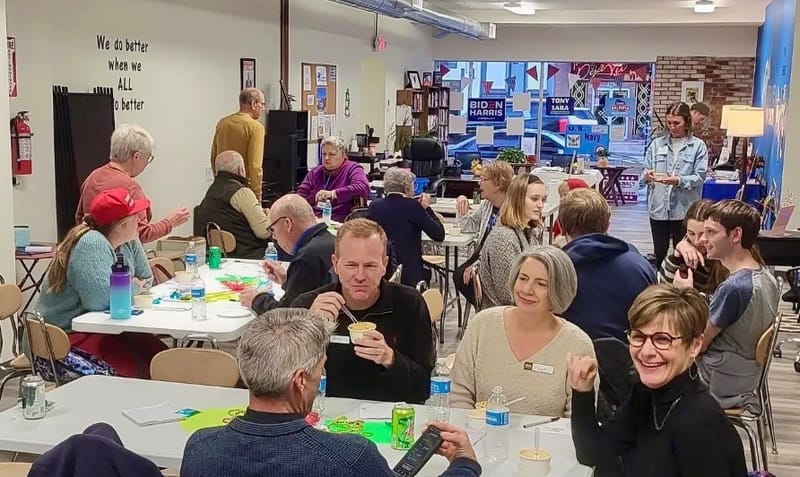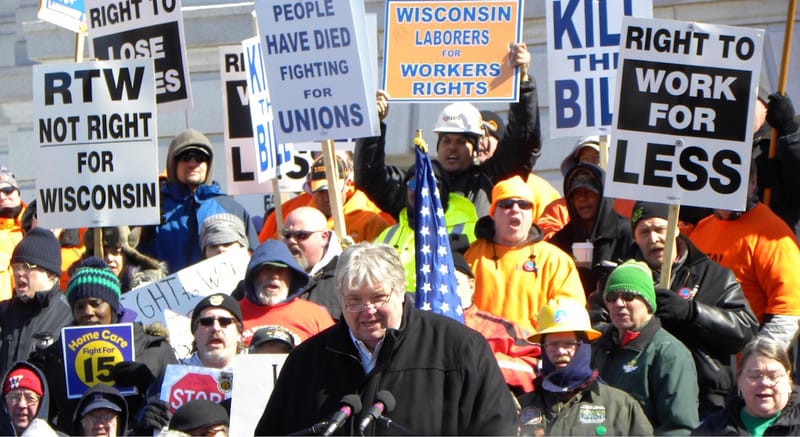Power beyond protests: How Democrats can break silos and cultivate sustainable progress
"Social movements risk stagnation without strategies that extend beyond protests and demonstrations."
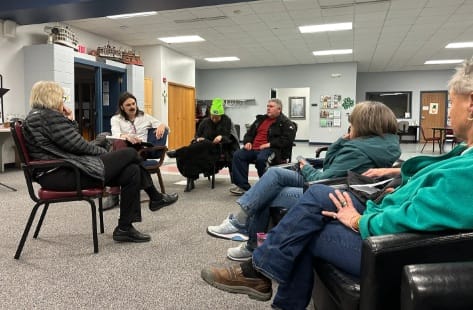
(This first appeared in The Recombobulation Area)
By Emily Tseffos
You’ve probably noticed, but in the last decade or so, social activism has surged.
Actions like protests, marches, and empty chair town halls have emerged across the country as powerful symbols of dissent. These methods, woven into the fabric of American political discourse, are crucial in illuminating injustices and demanding accountability from elected officials (although, it seems that if this administration has its way, that might be changing). But, as compelling and invigorating as they can be, a one-dimensional reliance on these strategies disregards the complexities of our current political landscape.
If we’re going to foster genuine and sustainable change, we need to see the value of expanding our toolkit beyond protests and symbolic acts to include grassroots power-building initiatives that resonate across the political spectrum.
The current membership of the GOP, deeply loyal to Trump, presents a formidable challenge for us progressives. Many Republicans have become entrenched, resistant to persuasion or change, viewing dissent through the lens of partisanship rather than the pursuit of common good. I’ve been dismissed as “too woke” or a “liberal snowflake” more times than I can count as I advocated for our public schools, the protection of Medicaid, bodily autonomy, and more. This reaction and environment highlights for me the limitations of protests, which, while emotionally inspiring, may be lost on those unwilling to engage in dialogue. If we’re going to get beyond those dismissals, concerned citizens like you and I must engage in the work of organizing events, community forums, roundtables, and other touchpoints that invite individuals — regardless of their political affiliation — into spaces where thoughtful conversations can take place.
Take cuts to Medicaid, for example. Last week, a group of friends and I organized a Medicaid town hall. We invited folks in a predominantly conservative part of Outagamie County to gather and learn more about Medicaid as a program, the threats to its funding and what losing it will mean to their community members. We then brainstormed local resources folks can utilize should it be gutted.
Regular folks like us are showing up to take care of people, desperately hoping it will serve as an opportunity to have those conversations that are so needed in these times — including with those folks who typically support GOP policies — on the need to protect Medicaid funding. You - yes, you! - can do this too, wherever you are.
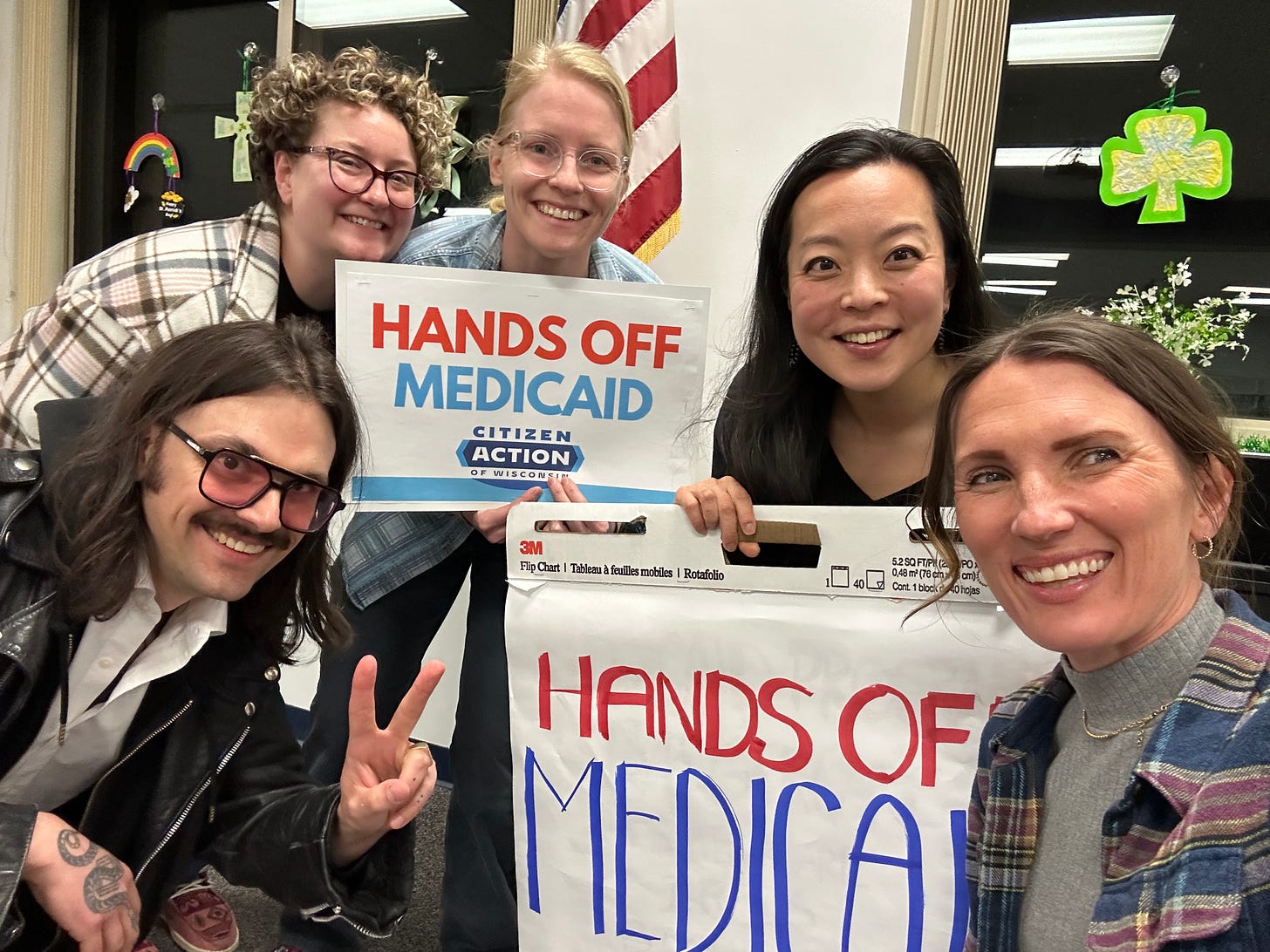
Hopefully, events like this one will begin to bridge differing political ideologies and reframe discussions centered on human experiences rather than partisan talking points. We purposefully avoided accusatory rhetoric, and focused instead on placing emphasis on shared values and the real-world implications of policy decisions — values important to conservatives, like fiscal responsibility, community health, and family welfare. This type of grassroots organizing illustrates a potent lesson: meaningful dialogue can and does occur outside traditional protest framework.
Even on complicated topics such as tariffs, engaging affected individuals directly can help clarify the impacts of policy decisions. Organizing roundtables to discuss how tariffs might impact local agriculture and businesses leads to deeper understanding than simply picketing against perceived injustices. In these situations, activists can invite those community members and their families to share their experiences and concerns with a local lens. This method not only educates attendees but fosters a sense of solidarity among folks who are facing economic uncertainties together, potentially blurring the lines between traditional political divisions.
Long-term grassroots power must also include civic education. If we’re going to build a more informed electorate, we should work to simplify and clarify policies affecting their communities—think community information sessions for public school funding, for example. The aim of these should be to create accessible, low-pressure spaces where people feel empowered to ask questions about complicated topics, understand differing perspectives, and seek solutions together. If we adjust our approach, there’s ground to be gained in every community on every issue
It’s worth saying that societal transformation comes from coalition-building across diverse issue landscapes. By aligning our efforts with other movements — like those advocating for climate justice or affordable housing — and fine-tuning the message to fit our own communities, we can articulate a holistic vision for change that speaks to our often interconnected struggles.
When silos dissolve, we discover common ground where coalitions can form. This gives us the opportunity to build powerful networks advocating for comprehensive policy changes that resonate across ideological divides.
Protests and empty-chair tactics have their rightful place, don’t get me wrong. But the crux of the issue is that they must serve as entry points rather than endpoints in a larger strategy for systemic change. The fire and passion of protests can ignite interest (and you know I love a good sign), but it is the enduring and unending labor of community engagement and coalition-building that cultivates sustainable progress.
It’s so important now that we acknowledge the limitations of reactionary protest and prioritize a culture of sustained grassroots interaction that creates space for dialogue and growth as we look toward the horizon to a brighter future.
Let me say it once more for the folks in the back: social movements risk stagnation without strategies that extend beyond protests and demonstrations. To bring about lasting change, we need to diversify our methods—participating in nonpartisan discussions, engaging in local policymaking, and fostering genuine connections that transcend party lines.
Protest is a vital expression of dissent, but the true evolution of social movements lies in their ability to transform individual anger into collective action, always rooted in civic engagement and kindness for our neighbor. And if we do it right, we may very well lay the foundation for rebuilding trust, respect, and ultimately, a more inclusive political future.



